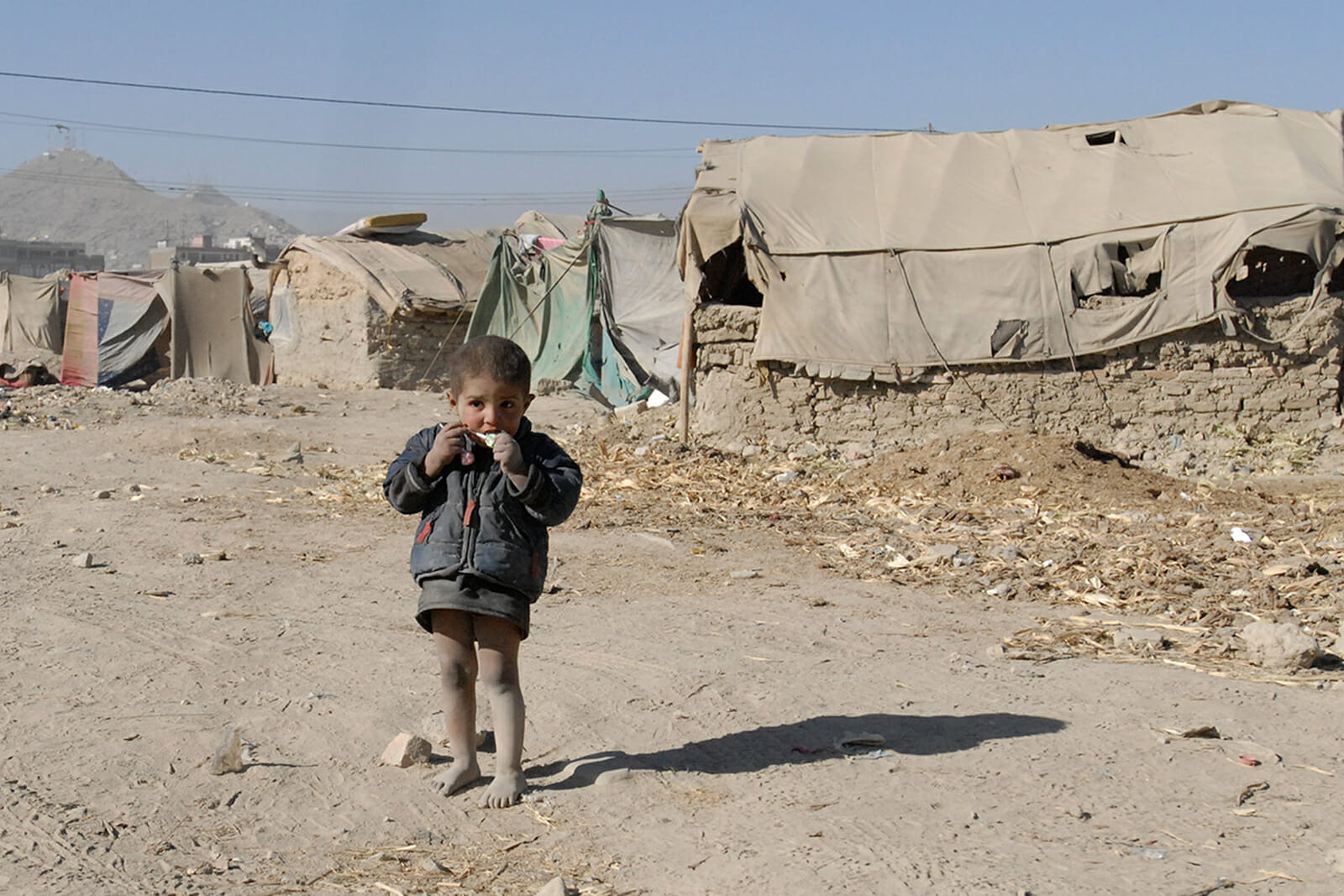
UN Global Compact on Refugees and Migration
On December 17, 2018, the United Nations (UN) finally approved the Global Compact on Refugees with 181 votes in favor, but two oppositions – the United States and Hungary. Two days later, the UN adopted the Global Compact for Migration with 152 countries voting in favor and five nations that voted against – the United States, Israel, Hungary, the Czech Republic, and Poland.
What do the compacts have in common? Both compacts stem from a document signed in 2016 known as the New York Declaration, which was unanimously adopted by the 193 members of the UN. The Global Compact on Refugees (GCR) aims to promote and ensure the appropriate international response to mass flows and protracted refugee situations, whereas the Global Compact for Migration (GCM) focuses on improving the cooperation on international migration.
What is the difference between a refugee and a migrant? According to the 1951 Refugee Convention, refugees are persons who are outside their country of origin for reasons of feared persecution, conflict, generalized violence, or other circumstances that have seriously disturbed public order and, as a result, require international protection. As for a foreign migrant, there is no legal definition. One can say that an international migrant is someone who changes the country of residence, irrespective of the reason for migration or legal status.
What are the goals of these two compacts? The GCR is more straightforward and more concise. The GCR sets out four main objectives: ease the pressures on host countries, enhance refugee self-reliance, expand access to third-country solutions and support conditions in countries of origin for a safe and dignified return.
The GCM is more complex because it is the first ever attempt to develop an internationally shared vision of what safe, orderly and regular migration might look like and how it could be achieved. The GCM has an ambitious agenda of 23 objectives for better managing migration at local, national, regional and global levels. Some of the goals are: gather better data on international migration, mitigate factors that compel people to leave their own country, provide migrants with proof of legal identity, reduce vulnerabilities in migration, including “the conditions they face in countries of origin, transit, and destination,” and combat smuggling and human trafficking.
UN High Commissioner for Refugees, Filippo Grandi, affirmed that “the effective implementation of both compacts will help reinforce the objectives of the other.” Both compacts are definitely intertwined, so why was the GCR more acceptable than the GCM? The 41 states that chose not to endorse the GCM fear more than just the threat to their sovereignty. People need to understand that the GCM is not a threat to any country’s sovereignty, it only addresses some of the most delicate aspects of migration, marking out narrow but essential areas of the accord. The GCM does not force any nation to take actions against its will. Some of these 41 nations are ruled by populist, conservative and nationalist leaders, who claim the GCM runs counter to sovereign policies and local control borders their lawmakers already put in place. Furthermore, these leaders fear their right to set their own policies of immigration and border security could come into question.
Why are the Global Compacts necessary? According to the UNHCR, there are 68.5 million forcibly displaced people worldwide, of which 25.4 million are refugees, over half of whom are under the age of 18. According to a 2017 UN estimate, there are over 250 million migrants around the world. In 2017, two thirds (67%) of all migrants were living in just twenty countries.
We are living in an unprecedented time in history. Therefore, we need global and shared solutions to solve these rising and alarming problems. The Global Compacts serve as instruments to form the basis of the international normative and legal framework on international migration and refugees. They have no binding value. However, they created a new momentum in world history by shedding light on these issues.
As the former Secretary-General of the UN, Kofi Annan used to say “we the peoples” are all part of the problem and the solution. It depends on where we stand. International affairs are no longer the exclusive province of government leaders. We the people have the power to vote for the right policies to address the appropriate solutions because policies and people are entirely linked. Nobody is too young or too inexperienced to make an impact on the planet. Let’s make a good impact. It is impossible to imagine our globalized world without a globalized solution.

